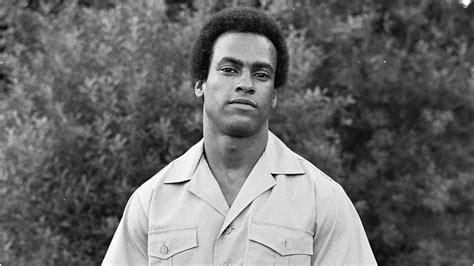From Ya’iyr
praxis: Practical application of a branch of learning
Harriett Tubman, Nat Turner, Toussaint l’Overture, Jean-Jacques Dessalines, George & Jonathan Jackson, Safiya Bukhari, Huey Newton, Assata Shakur are examples of the revolutionary combining of knowledge and practice. Through experience, study and training, each of them developed a personal politics that sparked them to action in revolt against the same colonialist monster we face today. Yes, it’s an ugly shape shifting mutant that looks a little different, but make no mistake, we fight the same war as our ancestors. And, yes, it is a difficult battle.
It can be lonely & depressing and seem like you’re all alone in the fight; like you’re the only one really serious about destroying the beast. And of course this is really what the opposition wants us to feel. Just give up hope and stop resisting: be better slaves.
That motivates me. I think it’s lame to lay down and submit to exploitation & oppression. I’d rather figure out how to make my enslavement as difficult as possible for the owner of this plantation. (And by “plantation” I mean america.) And as I strive to learn liberation as a philosophy and way of life, I’m learning that I’m not alone in this fight. When we walk the path of seeking knowledge, we meet other travelers along the way. Folks just as passionate as ourselves about discovering the way to freedom for us all.
This month has been a joyful experience in community building. (Yes, we can find joy even on a plantation which confounds our oppressors who think this means we aren’t so displeased with whips & chains.) As we have been studying abolition and revolution, we’ve been putting both into practice, because both are about imagining new possibilities for our world, then coming together to create them.
In the world Huey Newton imagined people from around the globe would work autonomously to meet everyone’s needs. They wouldn’t need to see each other’s faces or skin color or gender to know that the survival of humanity is the responsibility of all humanity. As I think about how to find Huey’s world, I can’t help but think it must begin with one person reaching out to another. So I want to thank all of you who’ve chosen to reach back toward us, toward me, toward each other.
From Craig E.
Dr. Newton envisioned a future age in which the people will seize the means of production, seize the mass media, and seize all of the institutional units of society. In this new era, new values, new identities, and an “essentially human” culture will result from the resolution of old conflicts based on cultural and economic conditions. People will be more conscious of their relationship to the material world and they will control the phenomena around them, directing the world into a utopia of “communism.” This picture sounds nice. But I’m left wondering how, through dialectics alone, he arrived at this belief? Why does he think people in future generations will be so much better than he was and we are? What will their “own real desires” be like? And why will they be qualitatively different? Haven’t humans throughout history had the same basic wants and drives? Can somebody help me out here?
On Intercommunalism:
“Important as political liberation is on its own, however, it leaves forever in captivity the unvindicated oppressed who have died, with the possible consolation that their suffering has contributed to the well-being of future generations and that their story will live on in the memory of posterity. But this possibility offers meager hope. Faith in “progress” – a conviction that future generations will live more fulfilled and more humane lives than past generations – is no more than a modern superstition. As to posterity’s memory it fades quickly, especially in the novelty-obsessed, entertainment saturated cultures of late modernity. The teeth of time gnaw even at memorials made of stone, and eventually most of them disappear forever from view, notwithstanding the work of archaeologists and historians. How will those who have died while under oppression see the dawn of freedom in new life? How will they be vindicated while their tormentors are brought to justice…?”
– Miroslav Volf from The End of Memory: Remembering in a Violent World
From: https://blackaugustsolidaritycypher.wordpress.com/2022/10/04/notes-from-the-inside-huey-newton/
